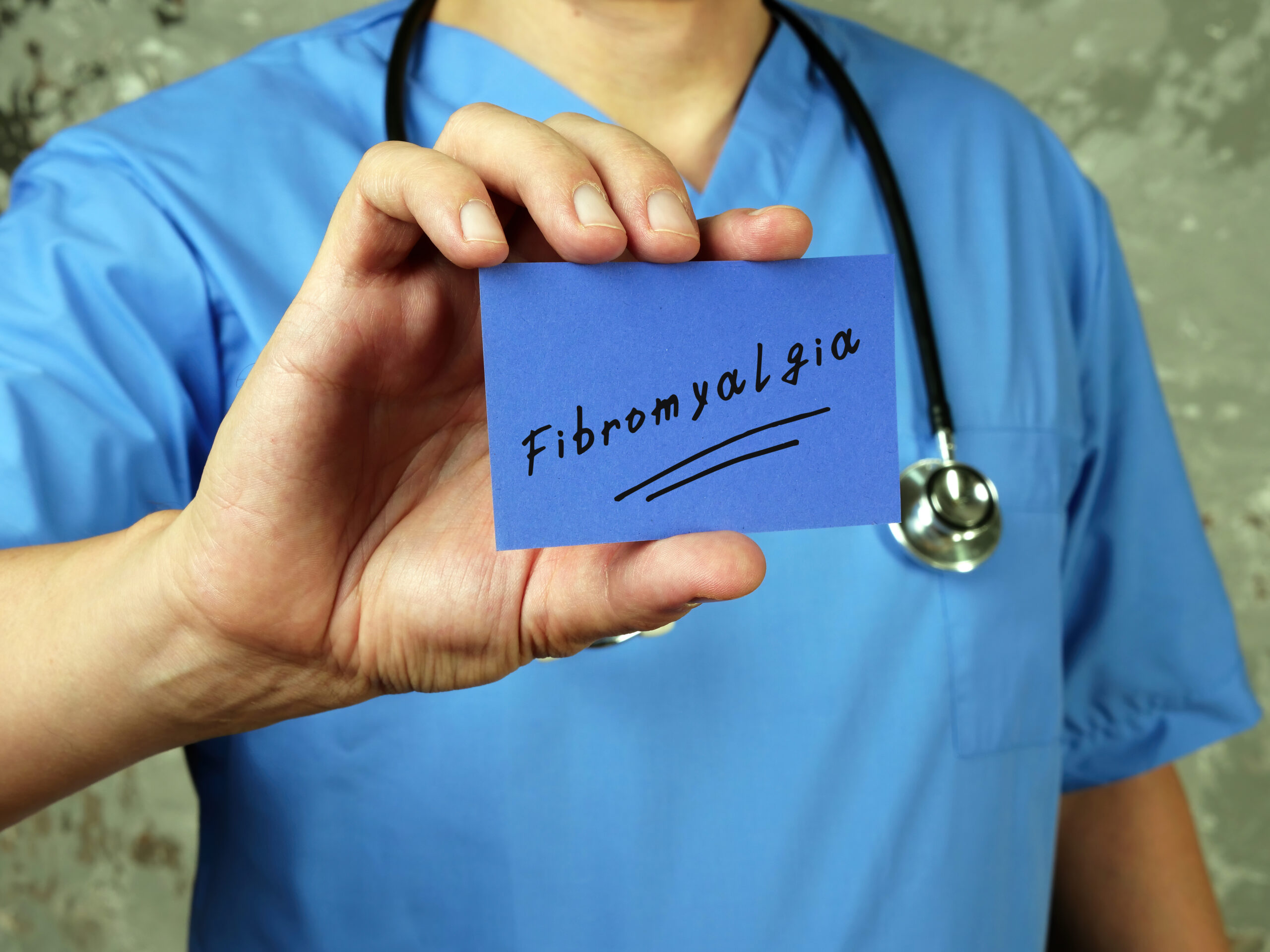Living with fibromyalgia is a daily challenge for millions of people worldwide. The widespread pain, fatigue, and brain fog it brings can disrupt every aspect of life. But thanks to ongoing research and increasing holistic treatment options, managing fibromyalgia is becoming more achievable than ever. Whether you’re someone navigating this condition or a loved one providing support, this article will provide actionable insights to enhance quality of life. Visit the best Pain Management Clinic in Brooklyn at Doral Health & Wellness or log on to www.doralhw.org.
Understanding Fibromyalgia and Its Impact
Fibromyalgia is a chronic disorder characterized by widespread musculoskeletal pain, fatigue, and cognitive difficulties. It is often referred to as an “invisible illness” since its symptoms are not outwardly apparent—even though the pain and discomfort are very real.
Common Symptoms
- Chronic pain throughout the body
- Tenderness in specific areas (trigger points)
- Fatigue, even after restful sleep
- Difficulty concentrating, often called “fibro fog”
- Sensitivity to stimuli such as sound, light, and temperature
- Sleep disturbances
- Anxiety and depression
Fibromyalgia’s exact causes remain unclear, but it is believed to result from abnormal pain processing in the central nervous system. Triggers can include physical trauma, infections, or significant emotional stress.
What’s New in Fibromyalgia Research?
Advancements in fibromyalgia research are shedding light on new ways to address symptoms. From understanding the neurological underpinnings of pain to investigating innovative treatment modalities, science is paving the way for improved management.
- Neurological Studies: Recent studies have confirmed that people with fibromyalgia process pain differently due to overactive nerve pathways in the brain and spinal cord. For instance, research published in “Pain” identified increased connectivity among pain-processing regions in the brain, explaining why patients experience heightened sensitivity to pain.
- Emerging Treatments
- New Medications: Scientists are exploring drugs targeting central nerve pathways to reduce pain and hypersensitivity.
- Gut Health Connection: Research from the Mayo Clinic highlights the impact of gut bacteria on inflammation, raising the potential for dietary adjustments and probiotics as part of treatment.
- Cognitive Behavioral Therapy (CBT): CBT is gaining recognition as an effective tool in addressing the psychological impact of fibromyalgia while helping patients manage symptoms.
Holistic Approaches to Fibromyalgia Management
While traditional treatments like medication and therapy remain essential, incorporating holistic approaches can contribute to a more comprehensive management plan. These approaches prioritize overall well-being and address both physical and emotional needs.
1. Focus on Nutrition: Your diet can be a powerful tool in managing fibromyalgia symptoms.
- Anti-inflammatory Foods: Incorporate foods high in antioxidants, such as leafy greens, berries, and fatty fish, to reduce inflammation and improve energy levels.
- Avoid Triggers: Reduce processed sugar, gluten, and caffeine, which may exacerbate symptoms for some individuals.
- Hydration: Staying hydrated supports energy levels and reduces muscle cramps.
2. Gentle Physical Activity: Exercise might feel daunting with chronic pain, but light, consistent movement can boost circulation, improve muscle function, and elevate mood.
- Low-Impact Exercises: Yoga, tai chi, and swimming target flexibility and relaxation.
- Stretching: Focused stretching relieves tension in tender areas.
- Rest Days: Balance activity with adequate rest to avoid overexertion.
3. Mindfulness and Stress Management: Stress can worsen symptoms, making stress-relief practices an essential part of fibromyalgia management.
- Meditation and Breathing Exercises: Practices like mindfulness meditation reduce stress and promote relaxation.
- Acupuncture: Emerging evidence supports acupuncture as a method to restore energy flow and reduce pain.
- Journaling or Art Therapy: Creative outlets can provide emotional relief and help process daily challenges.
4. Quality Sleep Habits: Proper sleep is crucial to managing fatigue. Unfortunately, sleep disturbances are common in fibromyalgia.
- Sleep Hygiene: Maintain a consistent sleep schedule and create a calming bedtime ambiance.
- Supplements: Consider natural sleep aids like melatonin or magnesium but consult a healthcare provider first.
5. Building Support Systems: Approximately 2-4% of the world’s population lives with fibromyalgia. Creating or joining a supportive community can make a world of difference.
- Support Groups: Share experiences, learn tips, and connect with others facing similar challenges.
- Family and Friend Education: Helping loved ones understand the condition improves empathy and their ability to assist.
Managing fibromyalgia is not a one-size-fits-all solution; it requires a personalized approach. Collaborate with healthcare professionals, listen to your body, and remain open to adjusting your strategies over time.
Begin by keeping a symptom journal to identify patterns or triggers, then experiment with dietary adjustments, stress-relief techniques, and exercise routines to determine what works best.
Fibromyalgia may bring challenges, but it does not have to define your life. By leveraging the latest scientific discoveries and integrating holistic approaches, you can gain better control over your symptoms and elevate your quality of life. Remember, you’re not alone, and there are resources, communities, and professionals ready to support your journey.
If you’re looking for more tailored tips or resources, consider connecting with one of our experts. Together, we can create a management plan that meets your specific needs. Visit Doral Health & Wellness Pain Relief Department in Brooklyn, to get professional help and guidance on how to manage your problem. Call us on + 1-718-367-2555 to get a consultation. If you need help learning coping methods, register your information and make direct contact with our doctors at https://yuz88hfiyh7.typeform.com/Doralintake. Log on to www.doralhw.org. Or visit us at 1797 Pitkin Avenue, Brooklyn, NY 11212.






